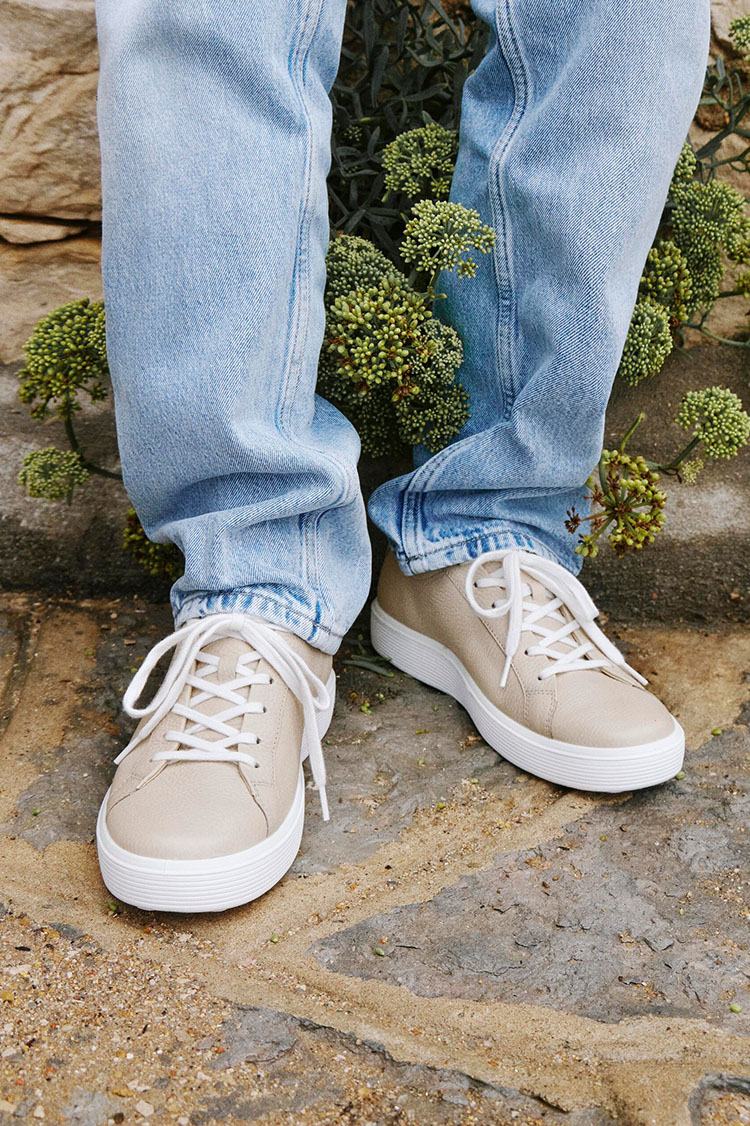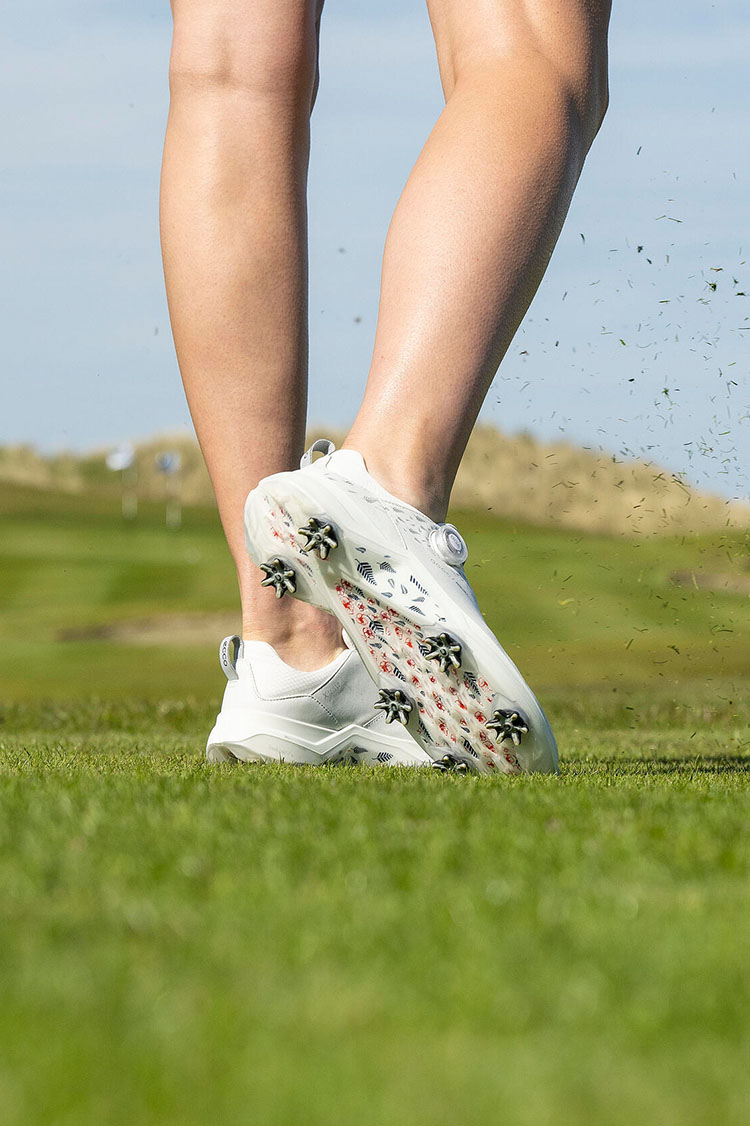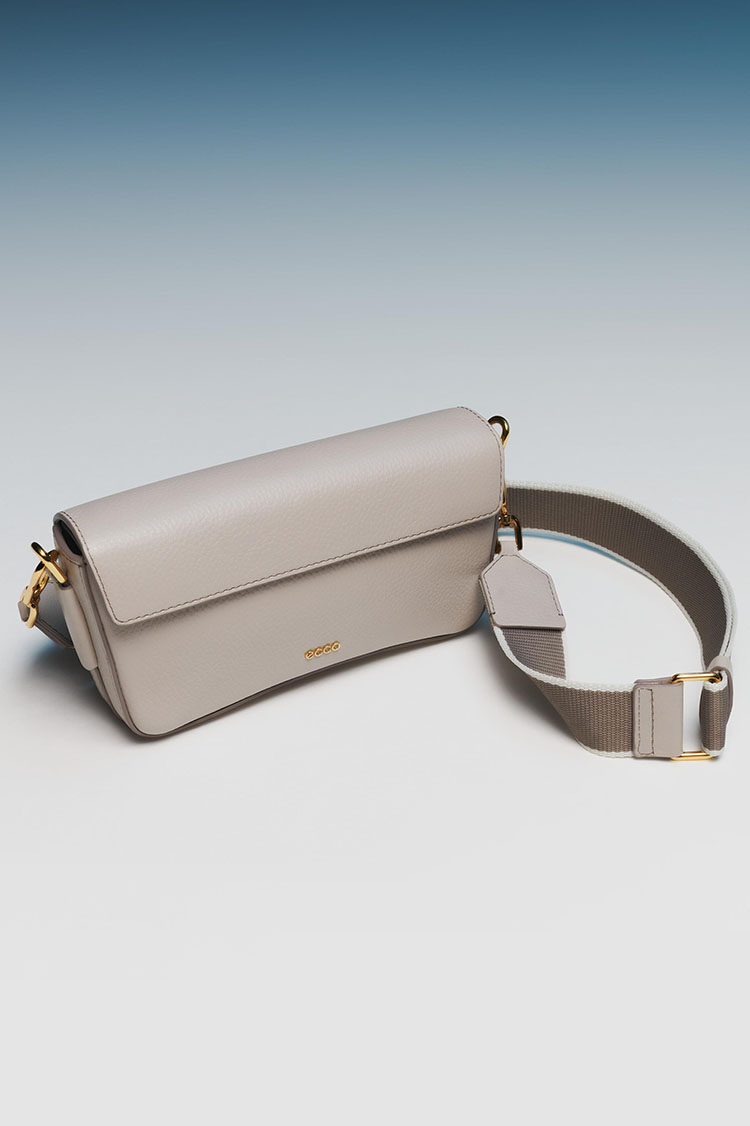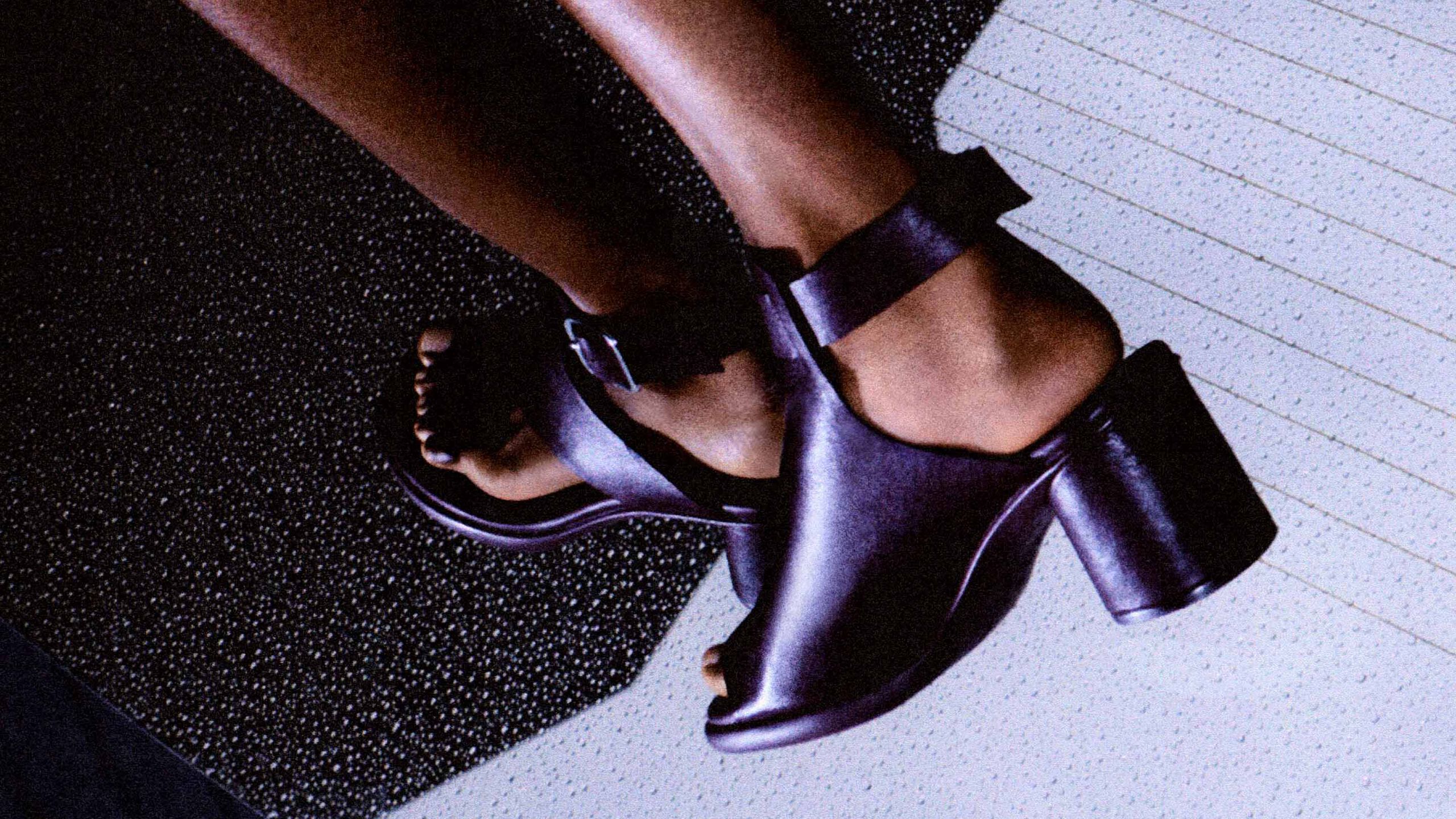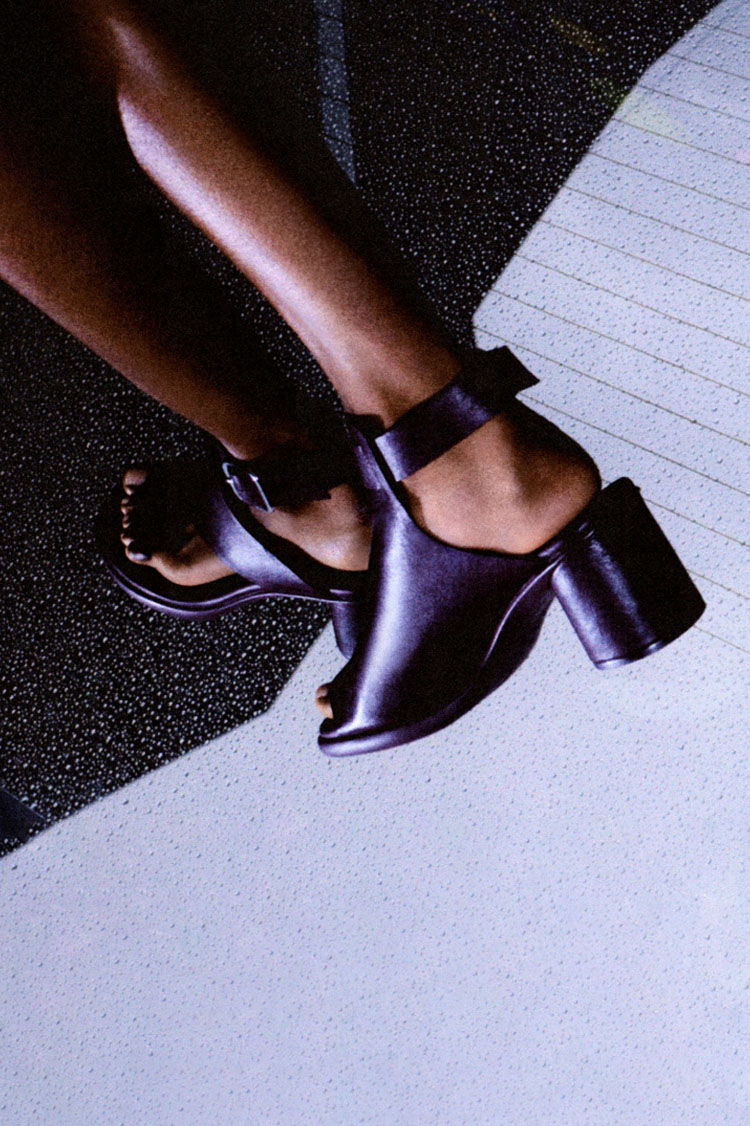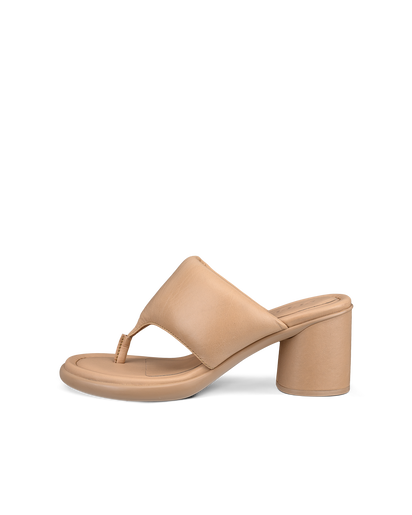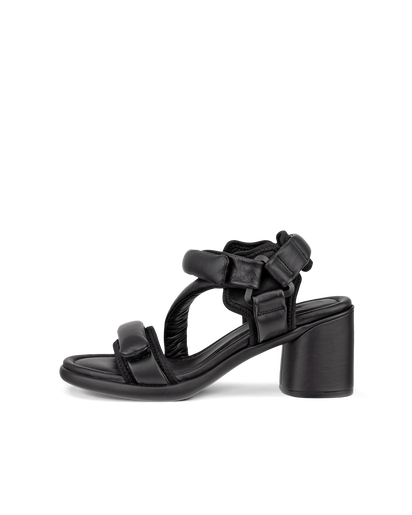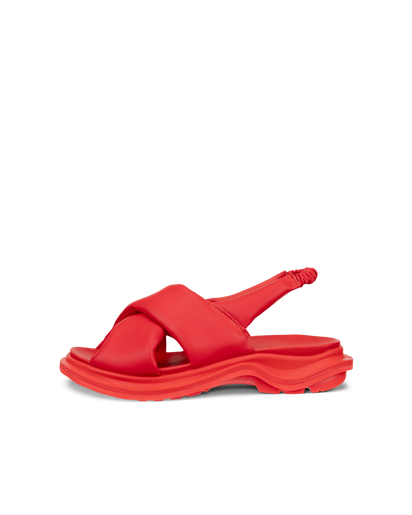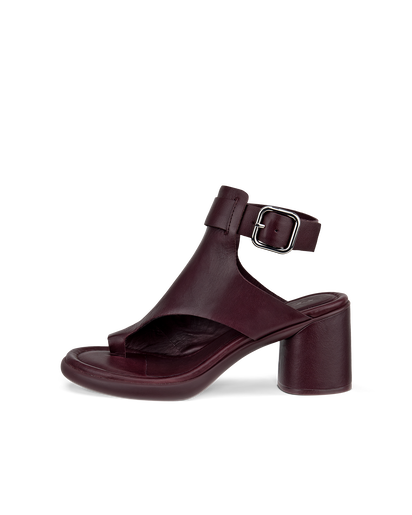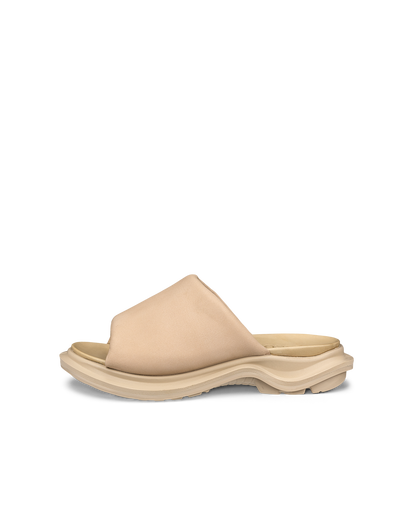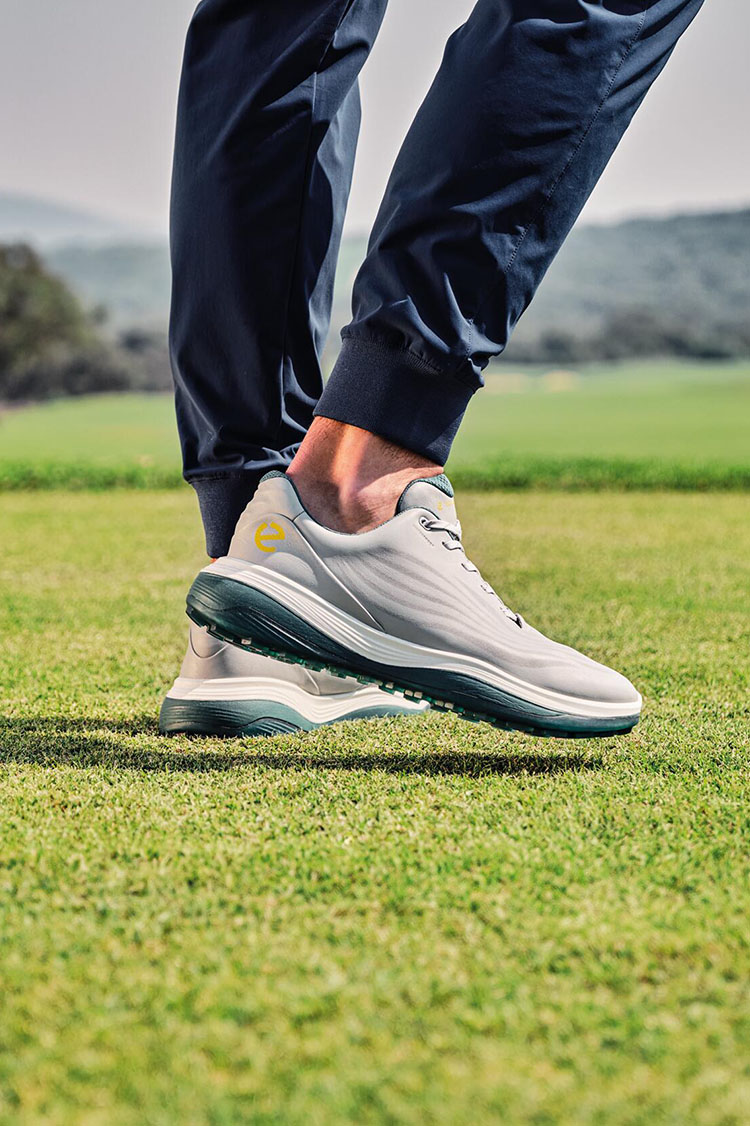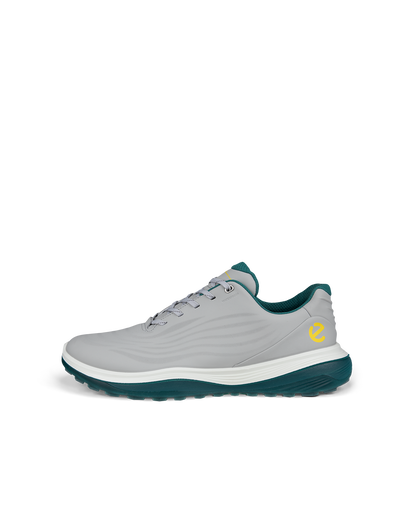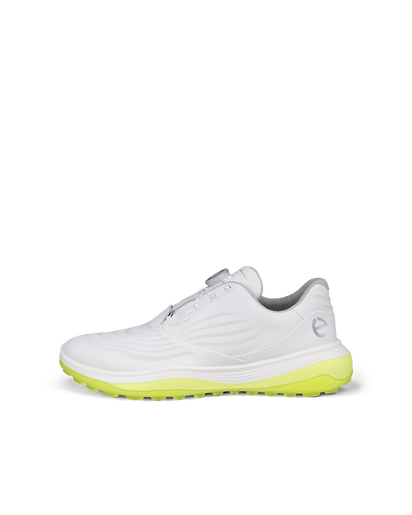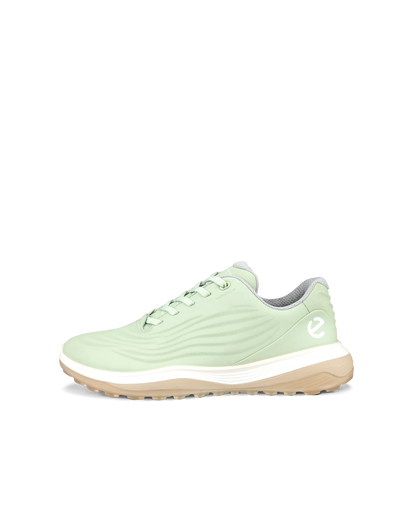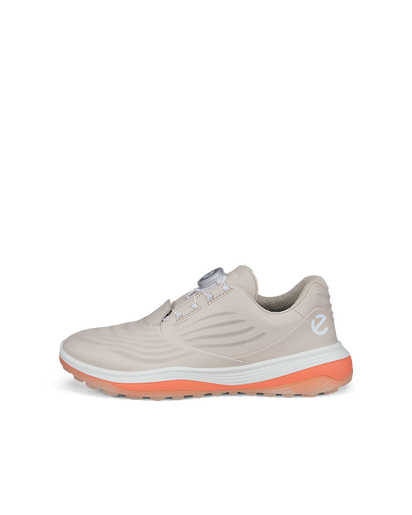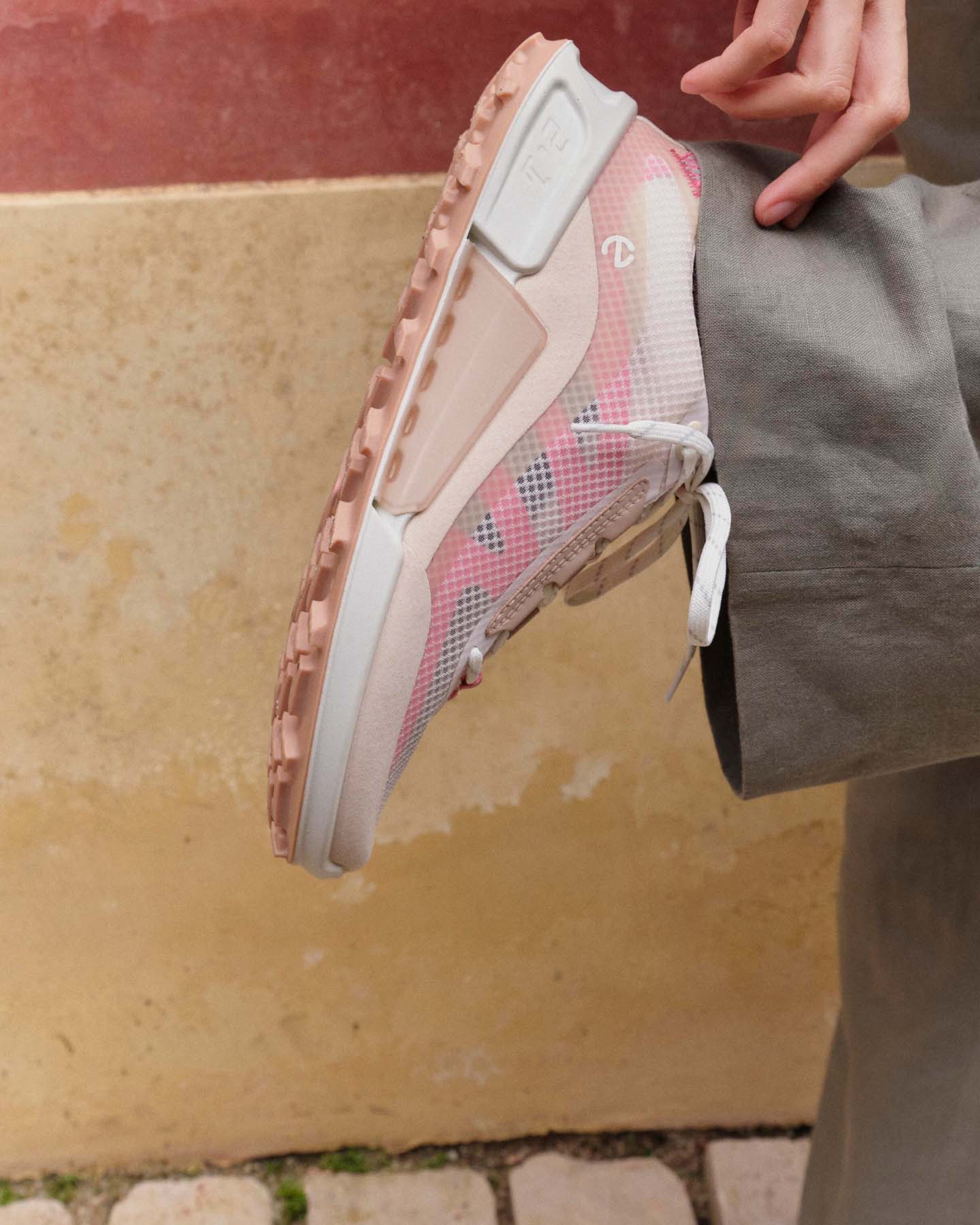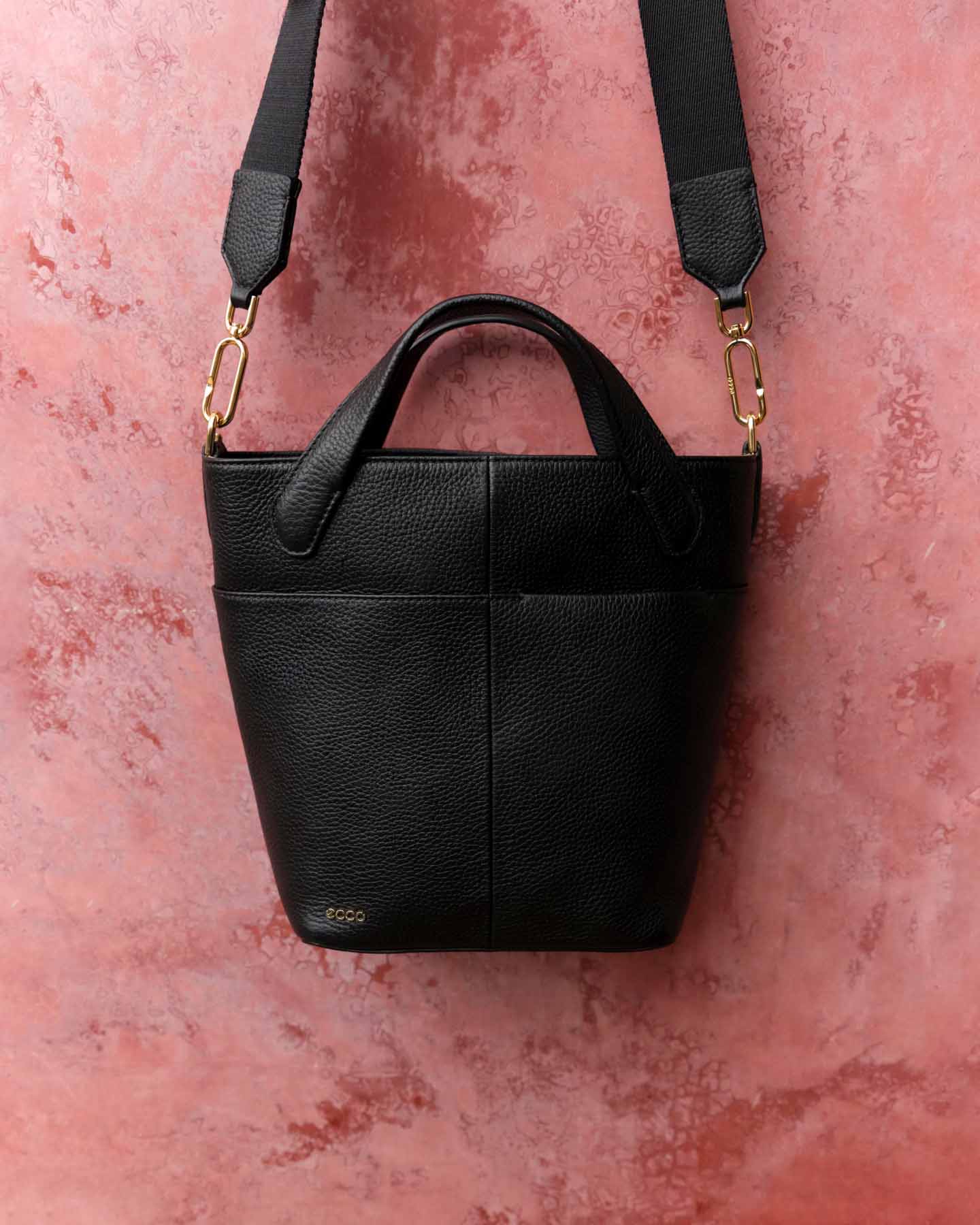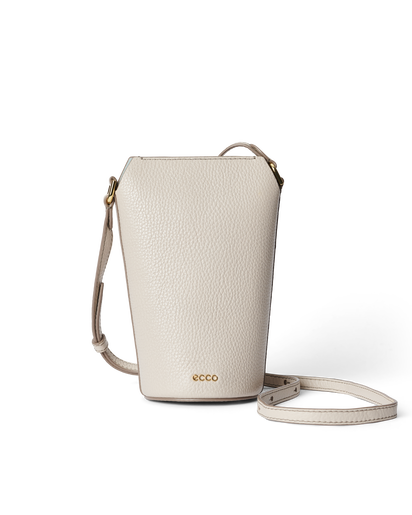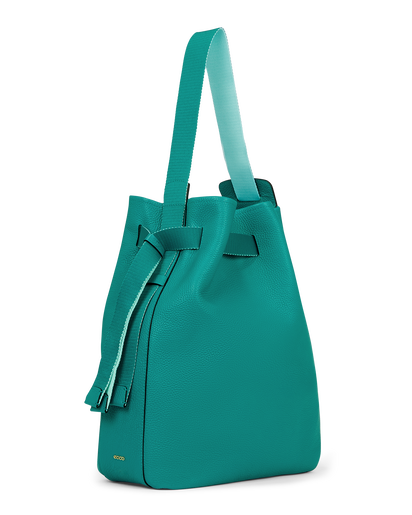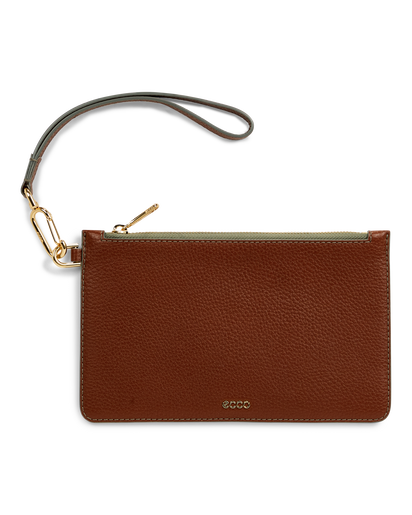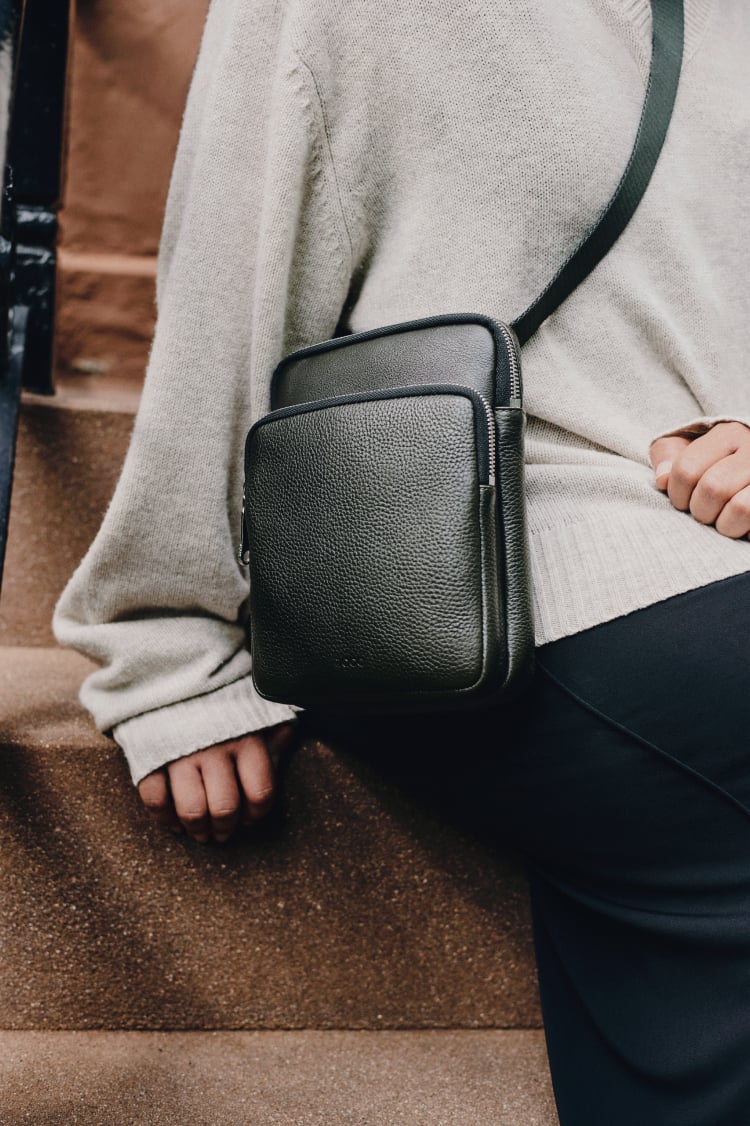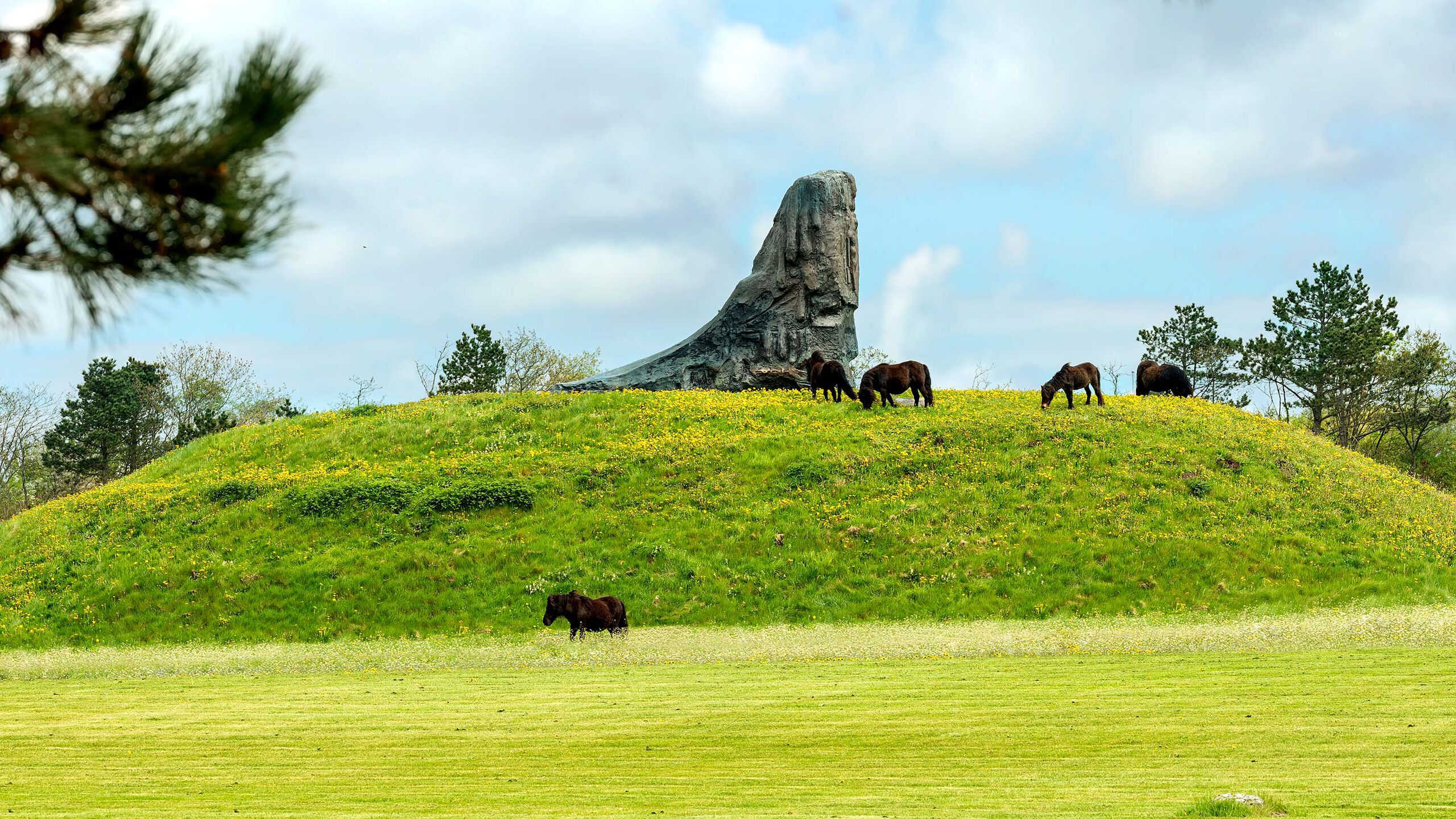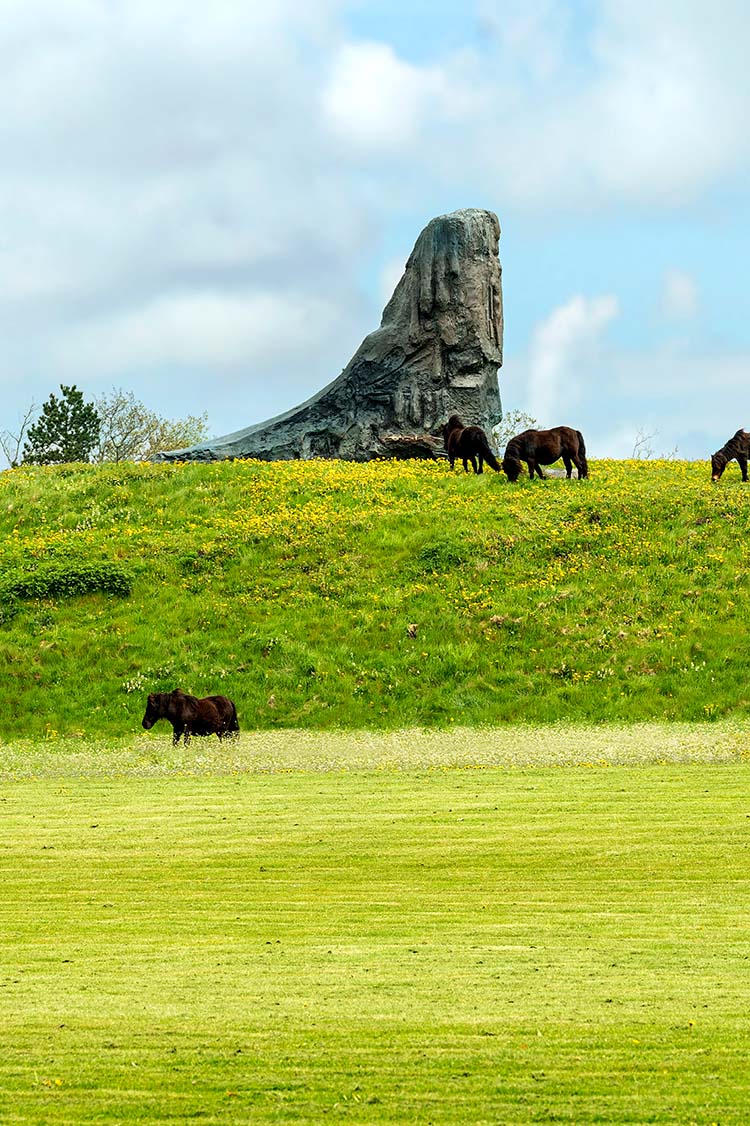ECCO USA offers 30% off MSRP select styles, $20 off select women’s golf styles, 30% off select bags and accessories, and buy 2 shoe care items and get 1 free online at https://us.ecco.com and for in-app purchases. Offer not valid at ECCO Retail and ECCO Outlet Stores. No code needed; discount reflected in cart. Limited quantities, while supplies last. No rainchecks. Void where prohibited. Promotions cannot be combined. No adjustments on previous purchases. Free standard shipping with orders of $150 or more (excluding tax and shipping) to qualifying purchases at https://us.ecco.com and for in-app purchases only. Please note that free standard shipping on orders above $150 does not apply to orders shipping to AK or HI. Shipping may be upgraded however regular shipping rates will apply. We reserve the right to end or extend this promotion at any time without notice.
ECCO USA offers 30% off MSRP select styles, $20 off select women’s golf styles, 30% off select bags and accessories, and buy 2 shoe care items and get 1 free online at https://us.ecco.com and for in-app purchases. Offer not valid at ECCO Retail and ECCO Outlet Stores. No code needed; discount reflected in cart. Limited quantities, while supplies last. No rainchecks. Void where prohibited. Promotions cannot be combined. No adjustments on previous purchases. Free standard shipping with orders of $150 or more (excluding tax and shipping) to qualifying purchases at https://us.ecco.com and for in-app purchases only. Please note that free standard shipping on orders above $150 does not apply to orders shipping to AK or HI. Shipping may be upgraded however regular shipping rates will apply. We reserve the right to end or extend this promotion at any time without notice.
ECCO USA offers 30% off MSRP select styles, $20 off select women’s golf styles, 30% off select bags and accessories, and buy 2 shoe care items and get 1 free online at https://us.ecco.com and for in-app purchases. Offer not valid at ECCO Retail and ECCO Outlet Stores. No code needed; discount reflected in cart. Limited quantities, while supplies last. No rainchecks. Void where prohibited. Promotions cannot be combined. No adjustments on previous purchases. Free standard shipping with orders of $150 or more (excluding tax and shipping) to qualifying purchases at https://us.ecco.com and for in-app purchases only. Please note that free standard shipping on orders above $150 does not apply to orders shipping to AK or HI. Shipping may be upgraded however regular shipping rates will apply. We reserve the right to end or extend this promotion at any time without notice.
How can we help you?
.jpg?sw=2560&sfrm=jpg)
.jpg)

